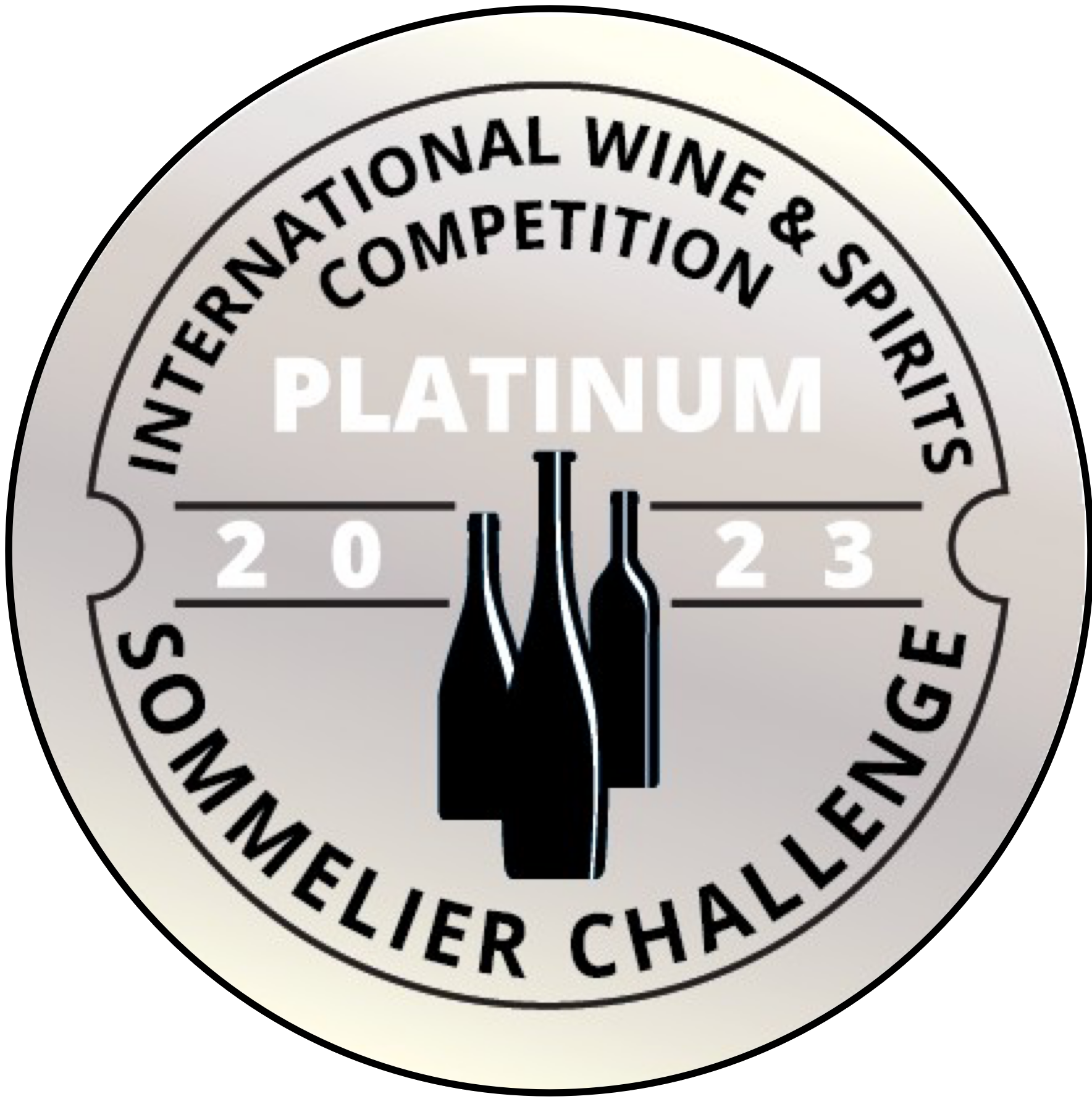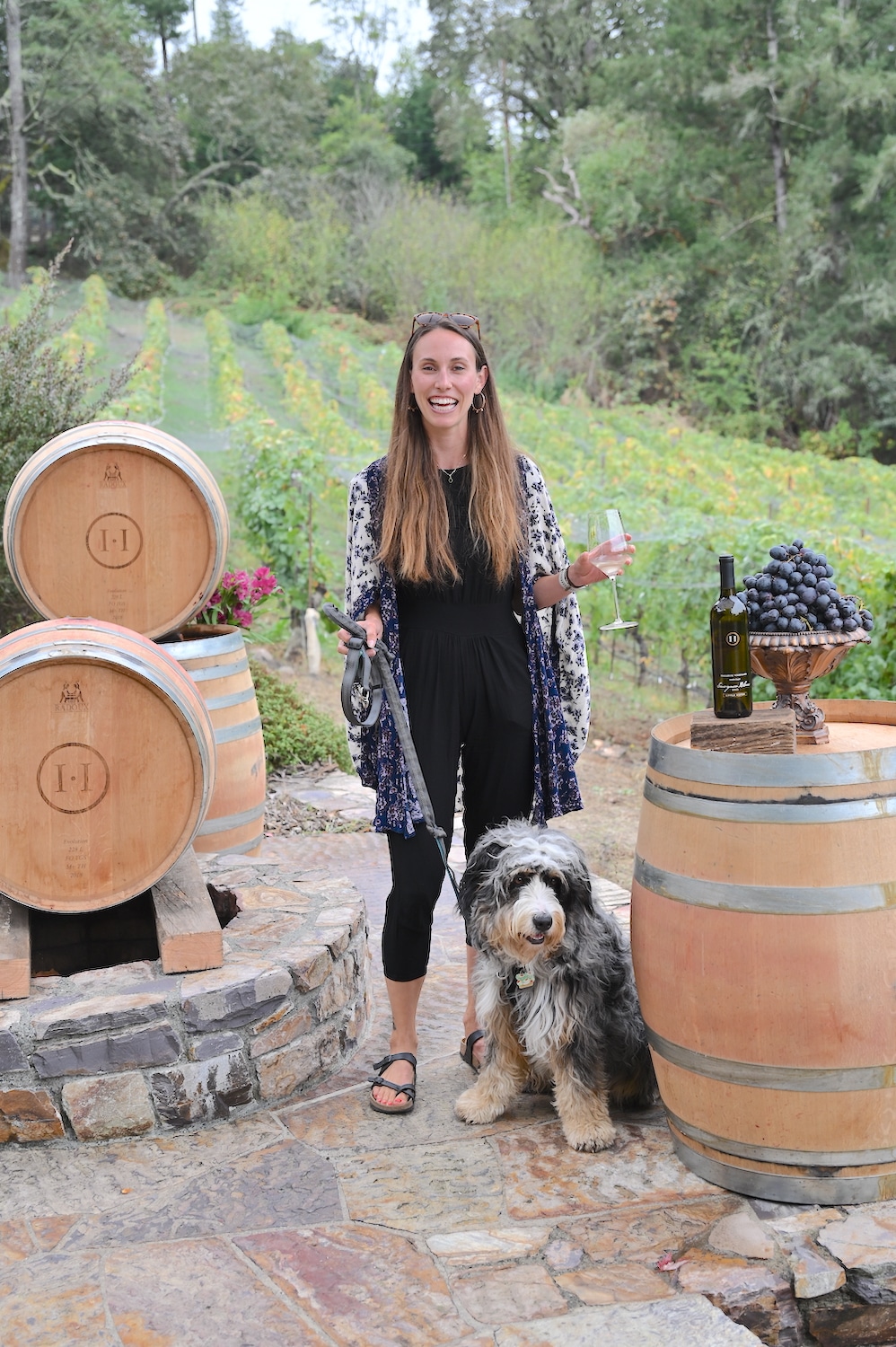Wineries That Host Harvest Festivals - Sonoma's Premier Wine Tasting Events
Visiting a winery for a wine tasting can be a fascinating experience, especially when you know how to maximize the opportunity with tasting notes. These notes function a guide to understanding the complexities of the wines you pattern and assist in forming a deeper connection with every pour. Utilizing tasting notes can transform your experience, permitting you to savor not just the style but additionally the story behind each bottle.
Each wine has a unique profile influenced by grape selection, terroir, and winemaking techniques. Understanding these elements can enhance your appreciation of the wine. When you may be given a tasting menu or a flight of wines to pattern, take the time to learn via any descriptions supplied (Unique Wine And Food Pairings In Sonoma). This initial overview can set the tone and expectations for your tasting experience.
Start your wine tasting by observing the wine in your glass. The colour can reveal lots about the wine’s age and varietal. Take notes on the hue, clarity, and viscosity. A well-structured tasting note often includes this visual assessment because it forms the inspiration of your evaluation. While it may appear trivial, the visible aspect is crucial in wine tasting.
Wineries That Offer Dog Friendly Areas - Discovering Sonoma Area Wineries
After your visible assessment, it is time to take a delicate whiff. Swirl the wine in your glass to aerate it, releasing its aroma. This is where tasting notes turn out to be notably valuable. Make notes concerning the different scents you detect—fruits, spices, or floral hints. Figuring Out these aromas will allow you to put words to the intrinsic complexities of the wine you're sampling.

The next essential step is the tasting itself. Take a small sip and let the wine roll over your palate. Note the flavors you experience. Are they sweet or tart? The Place does your palate detect every flavor? Some wines may present quick sweetness followed by a tannic end. Use your tasting notes to document these layers, making a roadmap of your sensory experience.
Contemplate additionally the mouthfeel of the wine as you taste. Is it smooth, crisp, creamy, or maybe tannic? This textural quality significantly influences the overall enjoyment and impression of the wine. Observing the mouthfeel can reveal the standard and craftsmanship behind the winemaking course of.
It's beneficial to check completely different wines as you style them. If you are sampling a flight with contrasting varietals, make a remark of the differences you understand. How does the acidity differ from one wine to another? Which wine feels fuller, and which is more refreshing? This comparative train deepens your understanding and helps sharpen your analytical skills.
Innovative Wine-Making Techniques In Sonoma Valley - Tasting Fine Wines In Sonoma County
Have Interaction with the winery staff whereas tasting. Educated hosts typically share insights in regards to the vineyard's history, the precise vintage, or the winemaking philosophy, enriching your appreciation of the wine. Do Not hesitate to ask questions that pique your interest based mostly in your tasting notes. Many hosts enjoy discussing their wines and may provide a wealth of information that isn’t available from printed supplies. Spectacular Vineyard Views In Sonoma.
Maintain in thoughts the seasonality of wines as you taste. Completely Different wines evoke varied moods and pair properly with distinct culinary experiences. Take notes on how you would possibly take pleasure in a particular wine with food. This not solely provides context to your tasting notes but in addition aids future alternatives and purchases.

One Other useful tip whereas utilizing tasting notes at a winery is to report your impressions immediately. As wines can blend and create a uniform flavor memory, jotting down your thoughts promptly ensures a extra accurate reflection of your experience. Use adjectives that resonate with you, crafting a personal vocabulary to explain every wine based on your preferences.
After completing the tasting, evaluation the notes you’ve taken. Reflect on which wines stood out to you and why. This reflection reinforces your tasting experience and highlights what you might search in future purchases. If you've noted particular aromas or flavors that captivated you, this information empowers you to select wines that align together important site with your palate.
Sonoma's Top Sparkling Wine Producers - Sonoma Wine Culture
Wine tasting can also serve as an opportunity for socializing. Sharing your tasting notes with companions can ignite engaging discussions on flavors, preferences, and impressions. This communal side of wine tasting typically enhances the experience, cementing lasting memories that you could recall with a cup of wine in hand.
In conclusion, utilizing tasting notes at a winery wine tasting can considerably enhance your experience. By observing the visual aspects, aromas, flavors, mouthfeel, and even the stories behind the wines, you create a wealthy tapestry of notes that may guide your future wine experiences. Participating with the employees, comparing wines, and reflecting on your impressions will deepen your appreciation for the art of winemaking. Each tasting is a chance to discover and join with wines in thrilling new methods. With practice, your tasting notes will evolve, becoming a cherished part of your wine journey.
Best Pinot Noir Wineries In Sebastopol - Top Sonoma Wine Tasting Destinations
- Begin by familiarizing your self with the winery's tasting notes; they normally describe the wine’s aroma, flavor profile, and end, offering a useful framework.
- Use your senses of sight and odor earlier than tasting; swirl the wine in your glass, observe its colour, and inhale its bouquet to seize the wine's preliminary characteristics.
- When tasting, take a small sip and let the wine coat your palate; focus on the primary flavors and any secondary notes which will emerge, such as fruit, spice, or earthiness.
- Pay attention to the texture and mouthfeel of the wine; is it smooth, tannic, creamy, or crisp? This aspect can significantly enhance your understanding of the wine.
- Evaluate the tasting notes along with your sensory experience, noting any similarities or discrepancies, which can deepen your appreciation of each wine’s complexity.
- Consider the wine’s growing older potential by analyzing its structure and stability; some wines may be pleasant now, whereas others might evolve superbly over time.
- Take notes through the tasting; recording your impressions might help you keep in mind each wine better and refine your palate for future tastings.
- Engage with the tasting workers; ask questions in regards to the wine manufacturing course of, grape varieties, and the precise notes you're detecting to enhance your knowledge and experience.
- Explore pairing suggestions alongside your tasting; understanding which foods complement the wine can enrich each the tasting experience and your appreciation for the wine's nuances.
- Respect various preferences among your group; wine tasting is subjective, and encouraging open dialogue about individual tastes can lead to a extra enjoyable and informative experience.undefinedWhat are tasting notes, and why are they necessary at a wine tasting?undefinedTasting notes are descriptions of the flavors, aromas, and general impressions of a wine. They are important because they guide your palate and enhance your understanding of the wine's characteristics, serving to you appreciate different varieties and styles.
How should I take notes during a wine tasting?undefinedYou ought to focus on key components such as aroma, flavor, physique, acidity, and end. Use a structured format or template to categorize your go to the website ideas and write down your impressions instantly after tasting. This helps you bear in mind your ideas later.
Can I use my own words to explain a wine, or should I stick to straightforward tasting terms?undefinedYou can absolutely use your individual words to describe a wine. Whereas commonplace tasting phrases might help convey specific qualities, personal descriptors add authenticity to your notes and might make your wine experience more pleasant and relatable.
Ought To I give consideration to specific flavors in the wine or the overall experience?undefinedBoth aspects are essential. Whereas particular flavors assist you to determine the distinctive characteristics of a wine, the overall experience encompasses how all parts combine—creating a extra holistic understanding of the wine.
Wineries Featuring Vineyard Tours - Tasting Fine Wines In Sonoma County
What if I can't establish sure aromas or flavors throughout a tasting?undefinedIt’s frequent to have issue identifying particular tastes or scents. Don’t hesitate to ask for assist or steering from the staff on the winery. They can present insights and help refine your palate over time by way of practice.
How can I use tasting notes to decide on wines in the future?undefinedBy reviewing your tasting notes, you'll be able to determine your preferences and trends in your wine decisions. This lets you choose wines that align together with your palate in future tastings and purchases, making your experience extra gratifying.
Is it appropriate to match wines throughout a tasting?undefinedSure, comparing wines may be beneficial. It helps highlight the variations in flavor profiles and attributes, permitting you to develop a deeper appreciation and understanding of every wine's distinctive qualities.
What should I do if I disagree with the tasting notes provided by the winery staff?undefinedDisagreement is a natural part of wine tasting! Use it as a chance to debate your impressions with the workers; they'll present additional context or information about the wine, which can enrich your experience.
Wineries Showcasing Local Art And Crafts - Sonoma Wineries With Vineyard Views
How ought to I organize my tasting notes after the event?undefinedAfter the tasting, manage your notes by wine sort, producer, or personal preference. Contemplate creating a digital or bodily journal which could be referenced for future tastings and wine selections, making it simpler to recall your experiences.